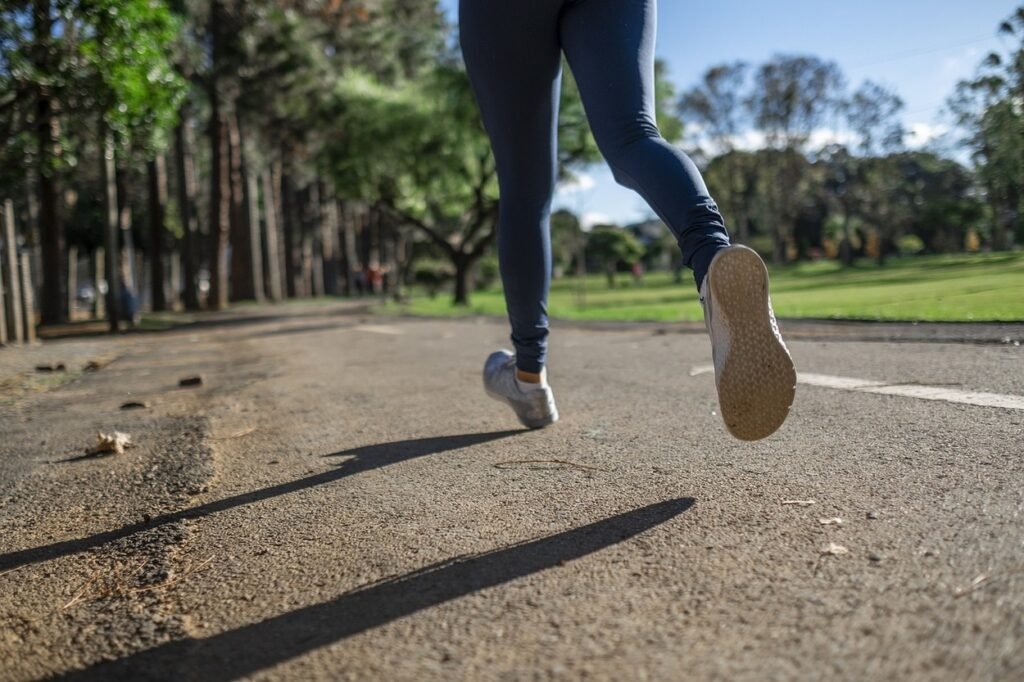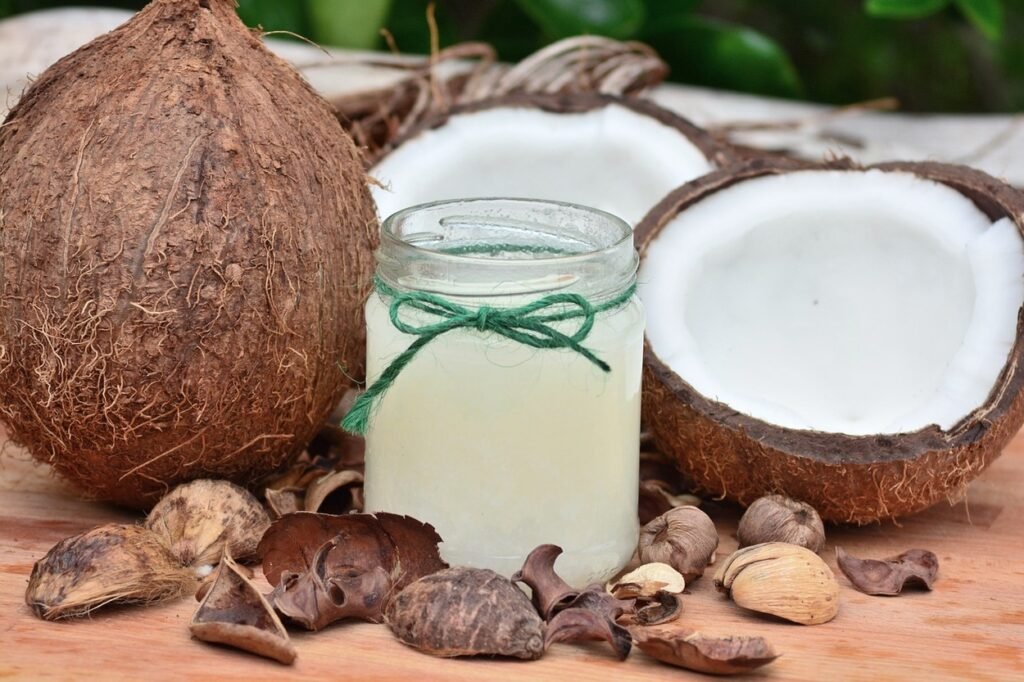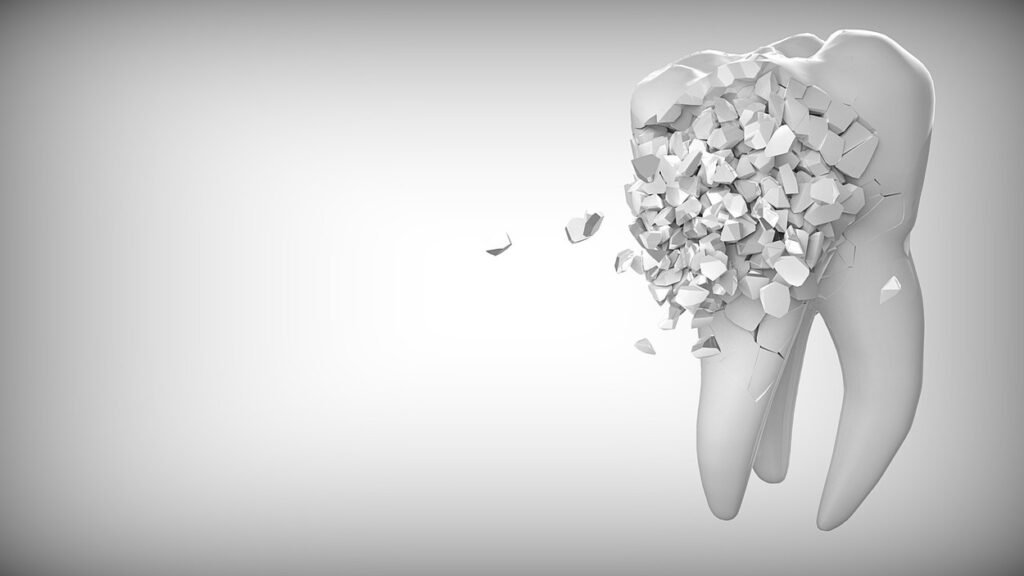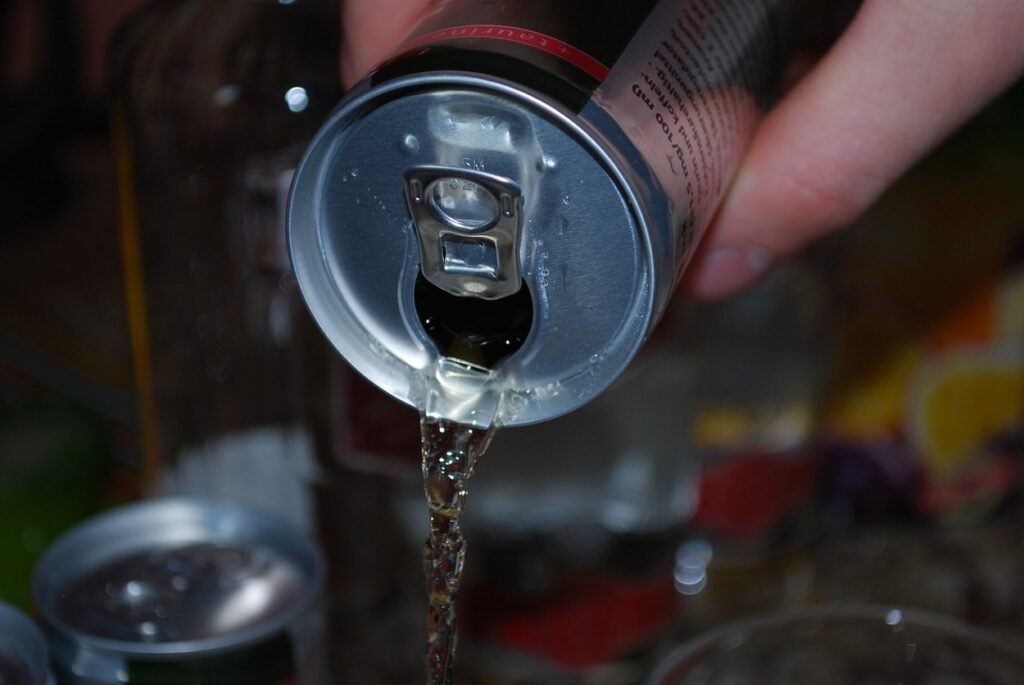I remember the day I first caught my little guy eyeing a bright bottle of Gatorade. We were out running errands, and he was stuck in the stroller, looking bored out of his mind. My water bottle had run dry, and as I reached for my own blue sports drink, I could feel his curious little stare.
Should I hand it over? Should I get him his own Gatorade? This sparked a whole journey into figuring out if Gatorade and toddlers make a good match. Let’s dive into what I found!
What Exactly is Gatorade?
First, a bit of background. Gatorade was originally developed for athletes who needed to replenish electrolytes after intense workouts. The drink is full of water, sugars, and salts to help with hydration. When you’re running marathons or playing hours of soccer, this mix works like magic to keep you going strong.
But let’s be honest: toddlers aren’t running marathons. Their biggest endurance events involve running around the living room and maybe a nap-time resistance marathon. So, does it make sense for them to drink something designed for athletes?
I had to do a bit of digging – partly because my toddler kept asking for the brightly colored drinks he saw at the store. Here’s what I found.

Electrolytes for Toddlers: When Are They Really Needed?
Electrolytes are important for the body’s normal function, helping to balance fluids, maintain blood pressure, and control muscle function. Toddlers can lose electrolytes if they’re sick and experiencing vomiting or diarrhea, or if they’re playing hard on a hot day. But generally, kids this age don’t need much help replenishing electrolytes.
In fact, many pediatricians say that plain water or a balanced diet with fruits and veggies will cover the bases. There are even foods that naturally contain potassium, magnesium, and sodium — the same goodies Gatorade boasts about. Bananas, oranges, and milk all offer a dose of these crucial electrolytes without added sugar or artificial flavors.
So, when my kid had a mild stomach bug or was outside on a super hot day, I wondered if Gatorade would be helpful. Turns out, unless your toddler is dealing with a lot of vomiting, diarrhea, or playing at super-athlete levels, they can usually stay hydrated with just water.
The Sugar Factor: Why Gatorade Might Be Too Much for Toddlers
Ah, sugar — the ingredient kids love and parents have a love-hate relationship with. One of the biggest concerns about Gatorade for toddlers is that it’s loaded with sugar. A standard 20-ounce bottle has over 30 grams of sugar. To put that into perspective, it’s nearly as much as a can of soda! For toddlers, who only need about 1,000-1,400 calories a day, that sugar content is a big deal. It can give them a quick energy boost (or as I call it, “the zoomies”), followed by an inevitable crash.
I’ll admit, I’ve been desperate enough to hand over a sugary treat just to keep my kids occupied. But I try to avoid sugary drinks, especially when it’s close to bedtime or when we’re in a place that’s supposed to stay, you know, intact (RIP to the one library we can no longer visit after an unfortunate juice-related incident).
The Healthier Hydration Options: What Should Toddlers Drink?
If you want to keep your little one hydrated, the best options are simple. Here are a few alternatives that have saved me a few grocery runs and meltdowns:
- Water: Plain old H2O should be the main go-to for toddlers. Most kids will drink it readily if they’re truly thirsty, though sometimes, it feels like they’re holding out for something more exciting.
- Diluted Juice: If they’re really craving some flavor, try mixing a bit of juice with water. It offers some taste without the massive sugar hit.
- Coconut Water: This is a natural source of electrolytes without all the added sugars found in sports drinks. It’s my little one’s “fancy drink” and usually gets an enthusiastic thumbs-up.
- Pedialyte: If they’re actually sick, I find Pedialyte to be a safer choice than Gatorade. It’s designed specifically for rehydrating sick children and has a more balanced composition for little tummies.

When Is Gatorade Okay for Toddlers? Rare Occasions to Consider
Now, before we banish Gatorade from the toddler diet completely, let’s recognize that there are a few occasions when it might be useful. For instance, if your toddler is severely dehydrated and it’s the only option available, it could be a quick way to replenish those lost electrolytes. Or maybe you’re out at a family BBQ, and the heat has everyone sweating like they’re in a desert. Giving a small sip here and there might not hurt.
If you’re really in a bind, try diluting the Gatorade with water to reduce the sugar content. I’ve done this once or twice, and it’s worked in a pinch. It might still taste sweet to your toddler, but it’s far better than an undiluted sugar rush.
Possible Side Effects of Gatorade for Toddlers
If you’re considering Gatorade for your toddler, here are a few side effects to watch for:
- Hyperactivity: Toddlers on a sugar high are like mini-tornadoes – chaotic and hard to control. The sugar in Gatorade can lead to bursts of energy that might leave you exhausted.
- Tooth Decay: Sugary drinks can contribute to tooth decay, especially if consumed regularly. I’ve been there, facing the aftermath of too much sugar, and believe me, it’s not worth the trip to the dentist.
- Stomach Upset: Some toddlers have sensitive tummies, and the sugars and salts in Gatorade could potentially lead to an upset stomach.
- Preference for Sweet Drinks: Once they develop a taste for sugary drinks, it can be hard to go back to plain water. I’ve had to convince my little one that water is the superhero drink, which sometimes works — and sometimes doesn’t.
So, Should You Let Your Toddler Drink Gatorade?
After a little trial and error (and a few frantic internet searches), I decided that Gatorade would remain an occasional treat for my toddler. If we’re out in the blazing sun or dealing with a stomach bug, I might let him have a sip, but it’s not an everyday drink. Water, coconut water, and diluted juice are my mainstays.
Letting a toddler sip on Gatorade every now and then isn’t likely to cause harm, but moderation is key. And trust me, I learned this the hard way after a very bouncy bedtime that followed a bottle of sports drink.

Final Thoughts: To Sip or Not to Sip?
In the grand scheme of things, toddlers can survive just fine without Gatorade. Our little ones aren’t running marathons or cycling Tour de France levels, so plain water, a healthy diet, and the occasional juice do the trick. If you’re tempted to share a sip, I get it. Bright colors and tropical flavors can be tempting for everyone — toddlers included!
Ultimately, the best hydration for our little athletes (or couch potatoes) is the simplest. Water is a classic for a reason, and they’ll adapt, even if they aren’t thrilled about it at first. So next time you’re out and your toddler gives you the big eyes over your bottle of Gatorade, don’t stress.
Let them have a sip, or offer them something even more refreshing: plain old, sugar-free water.
